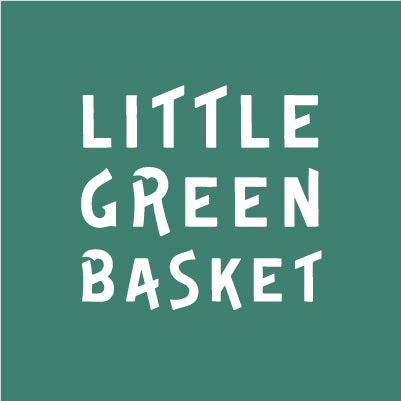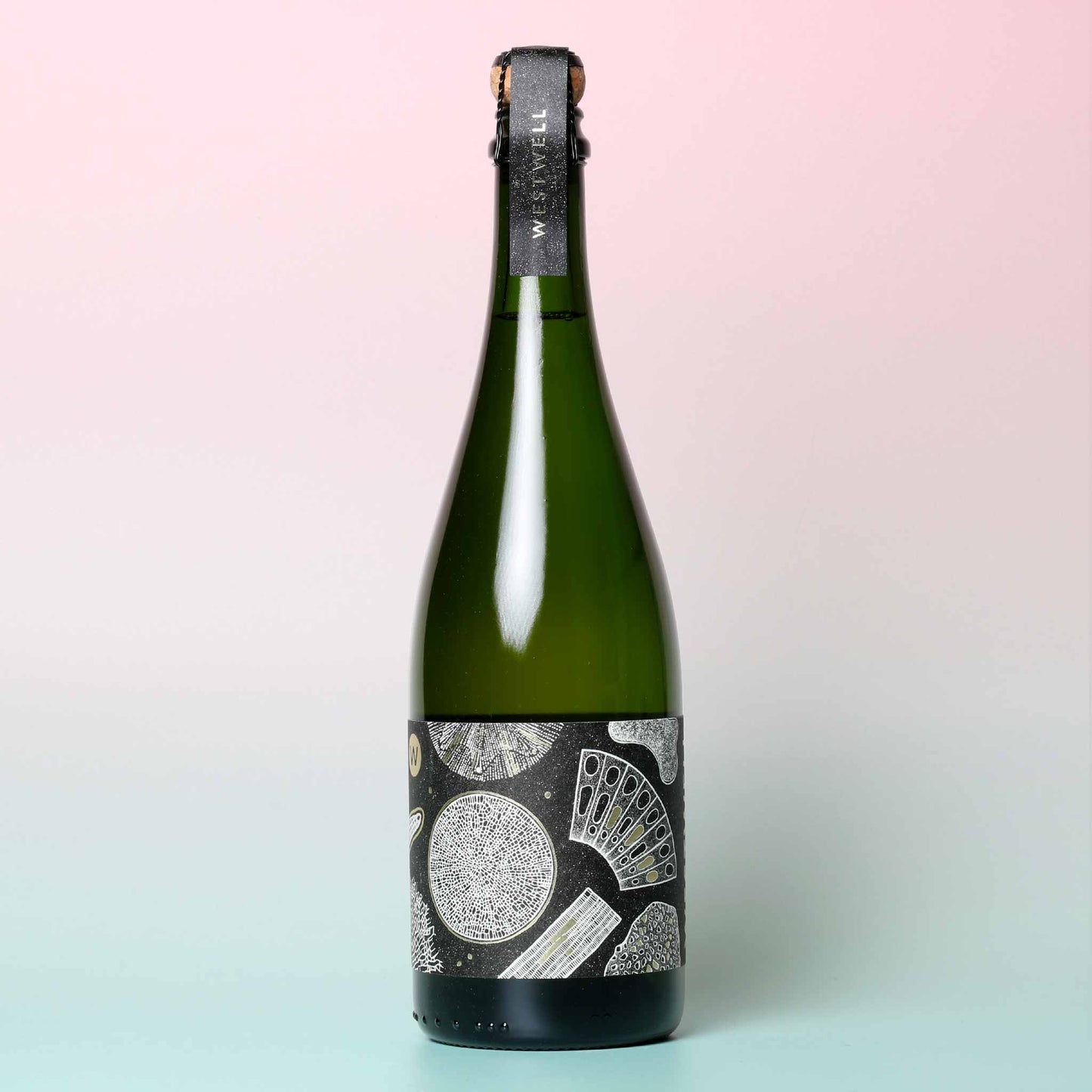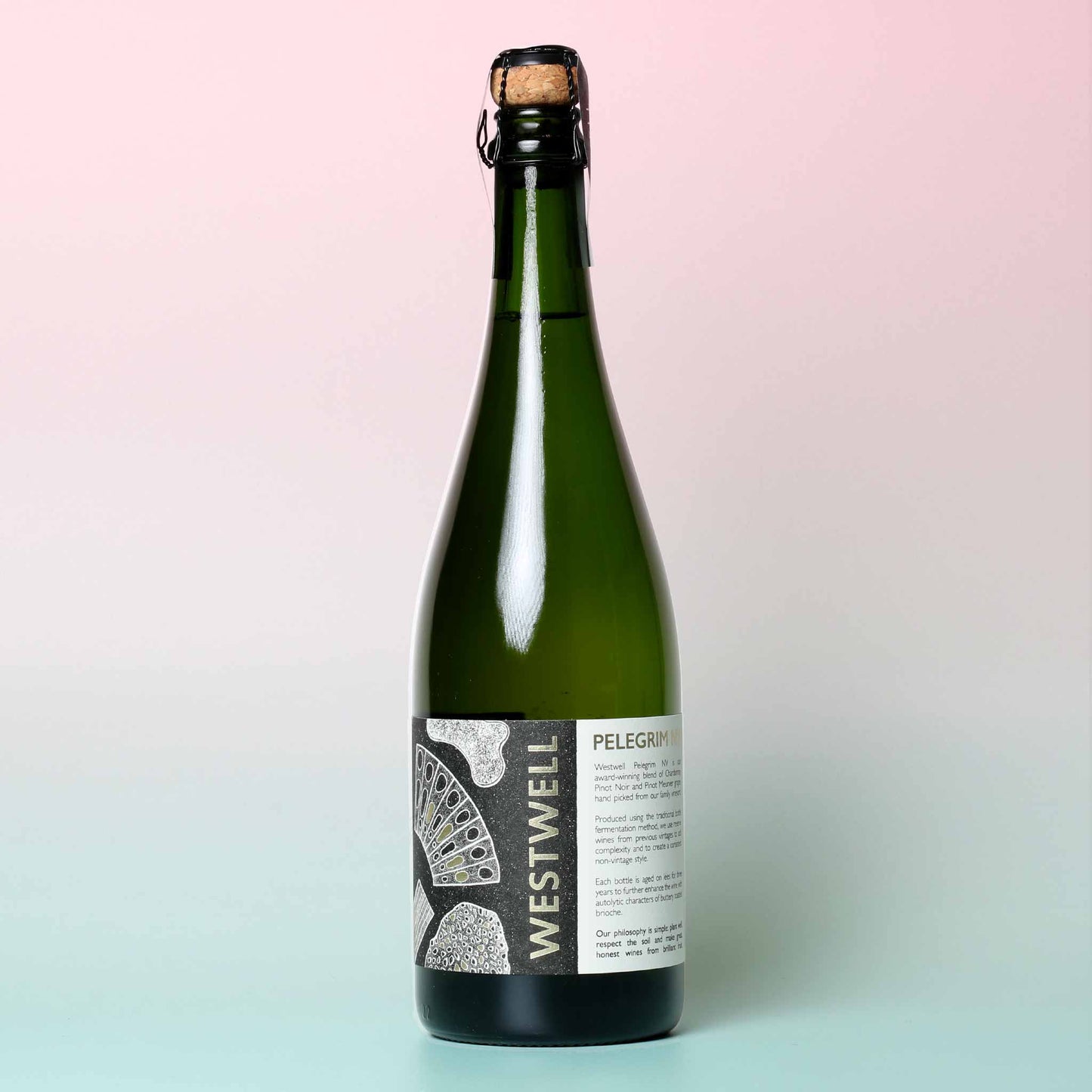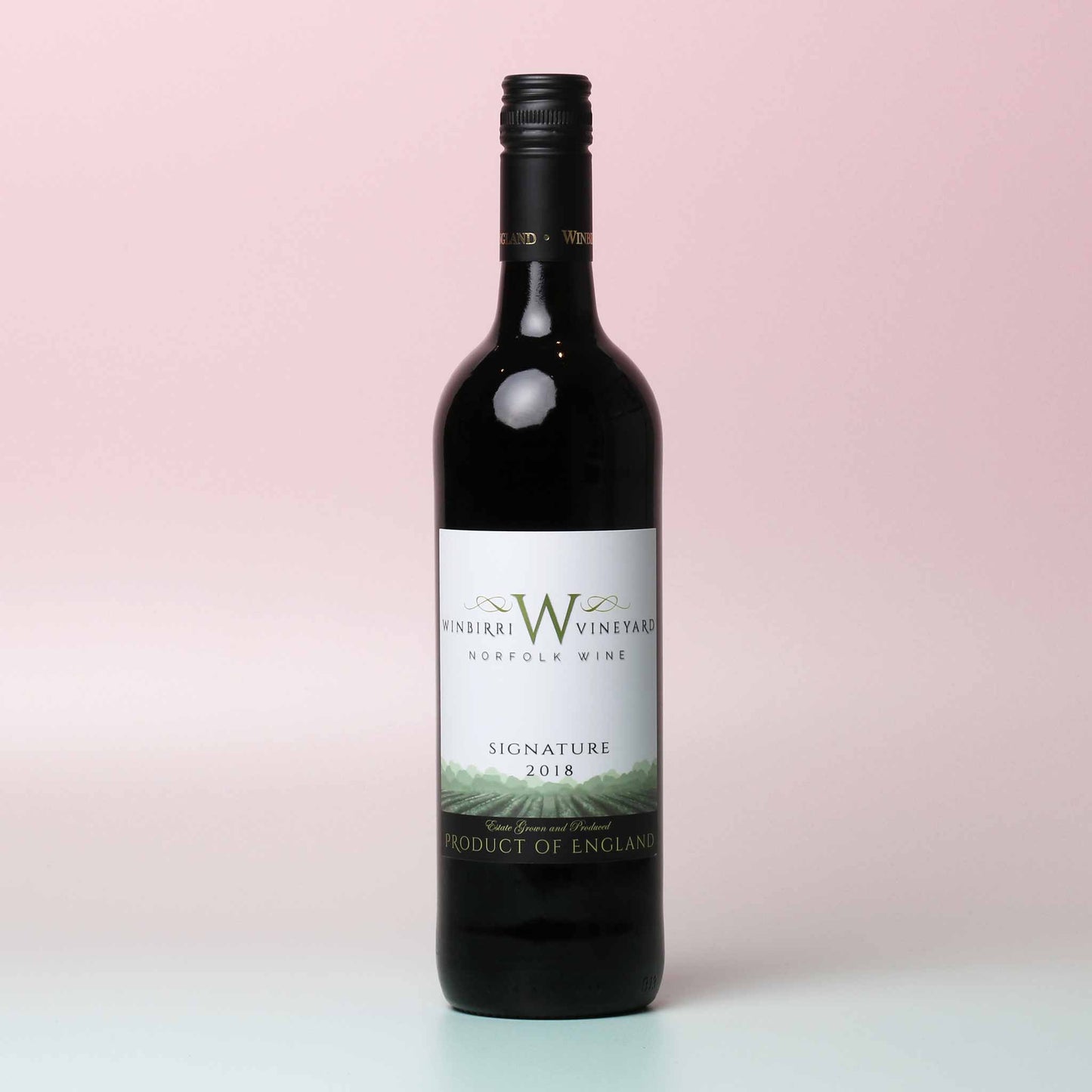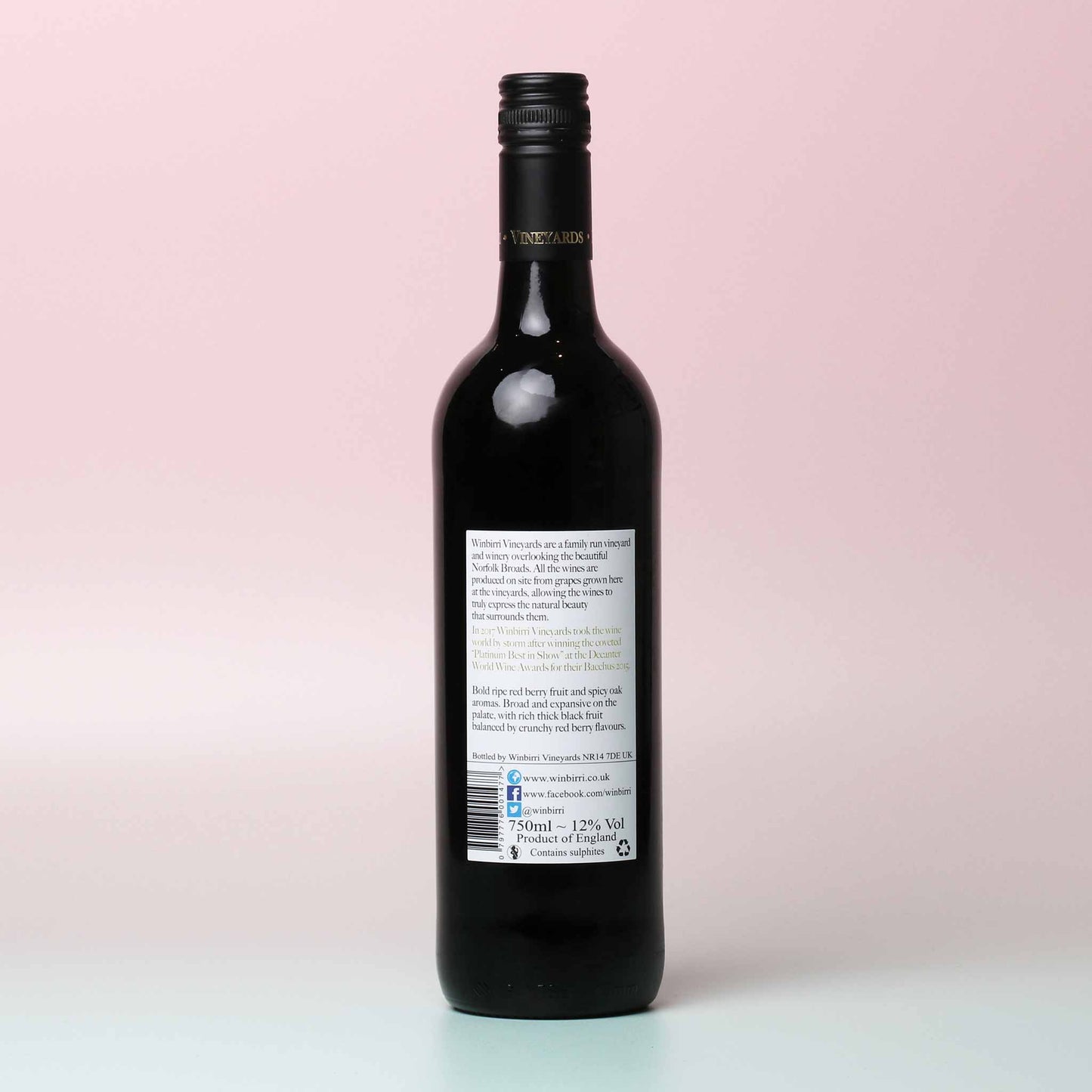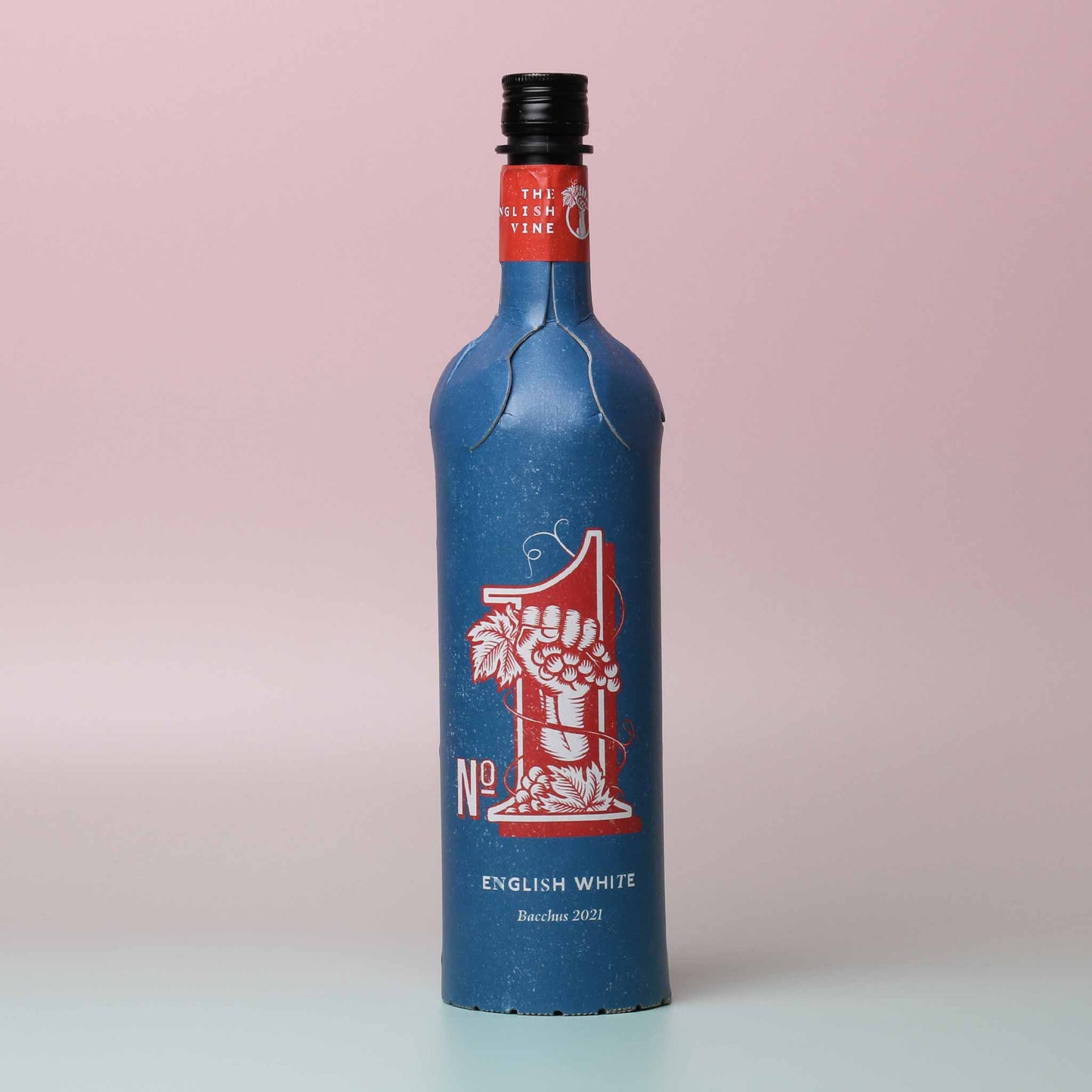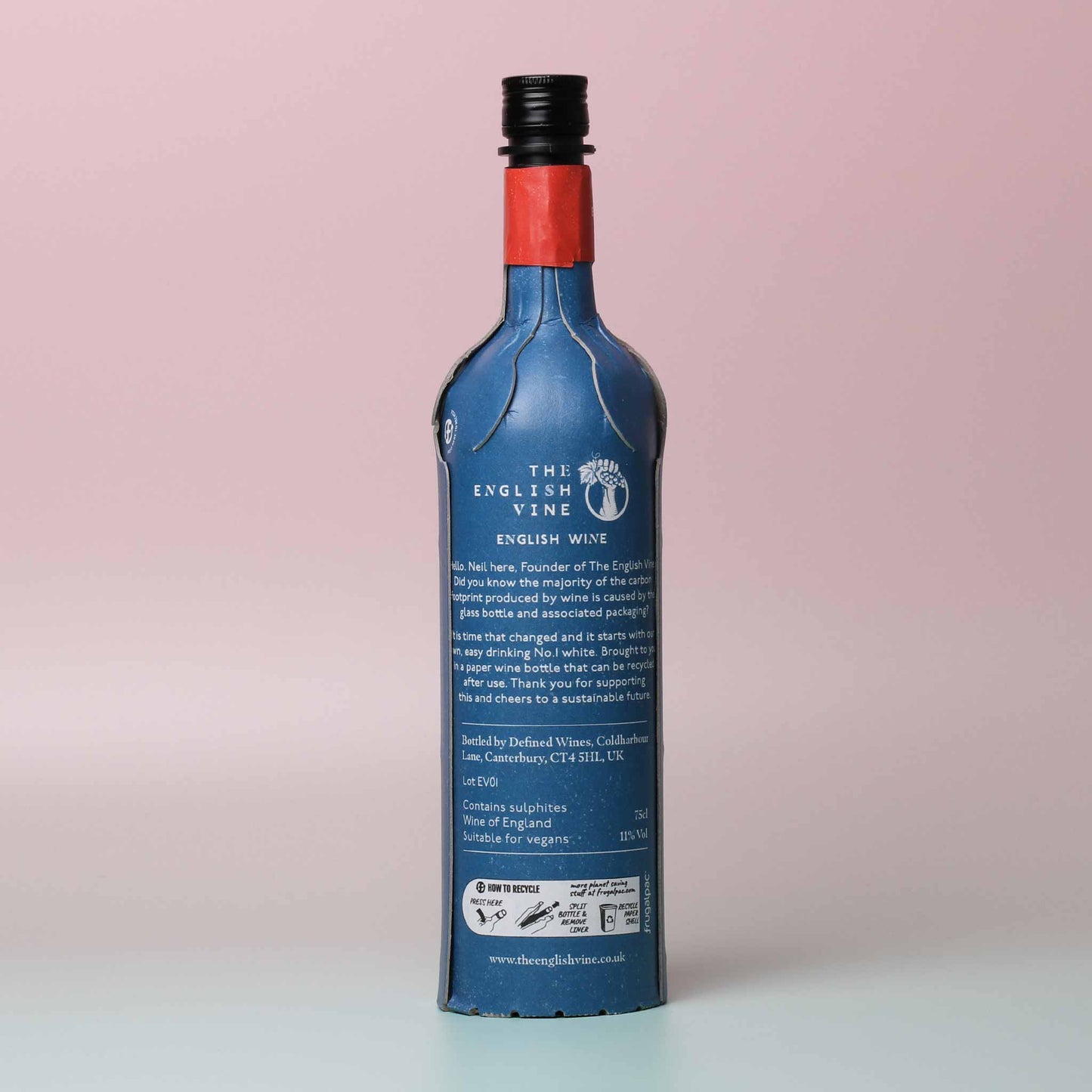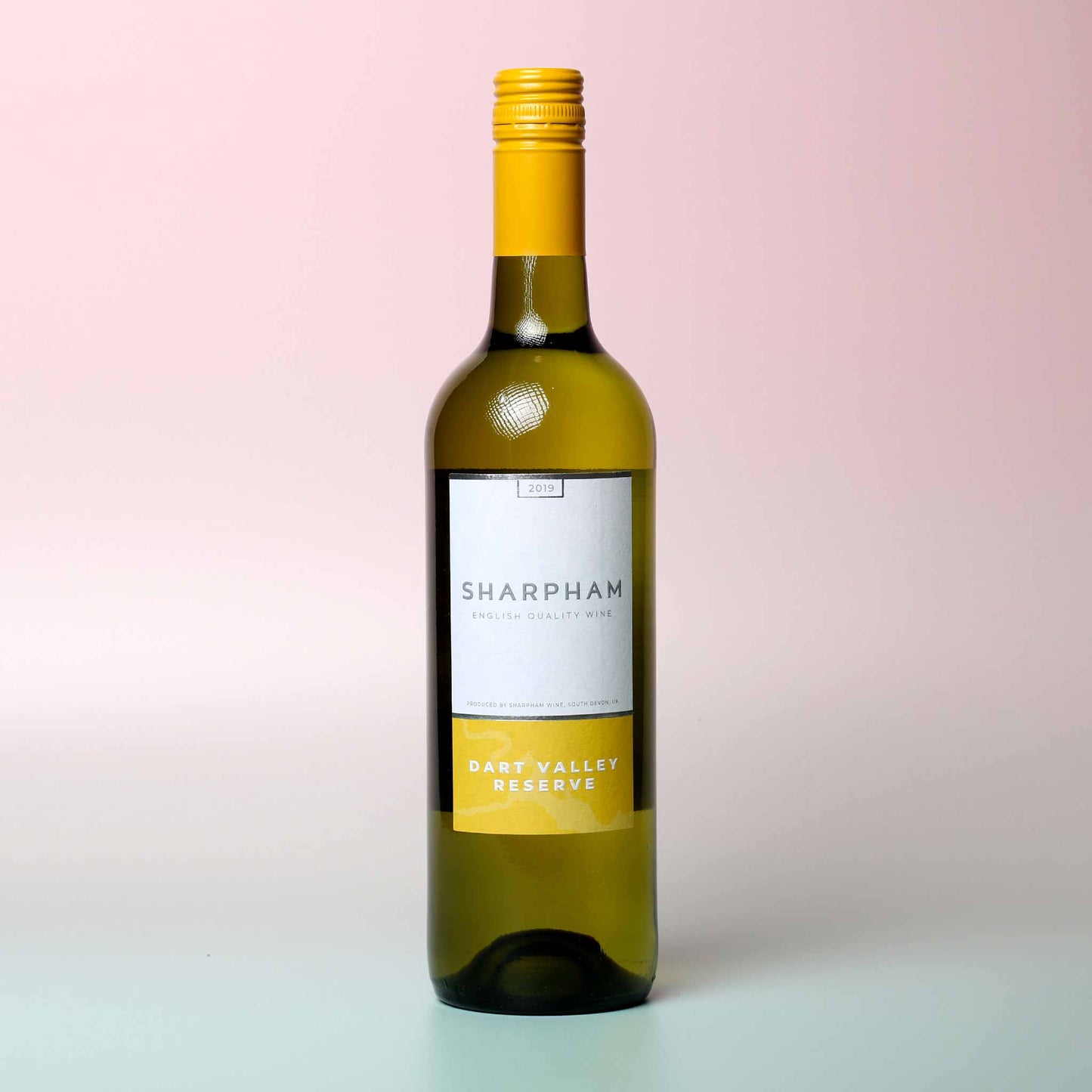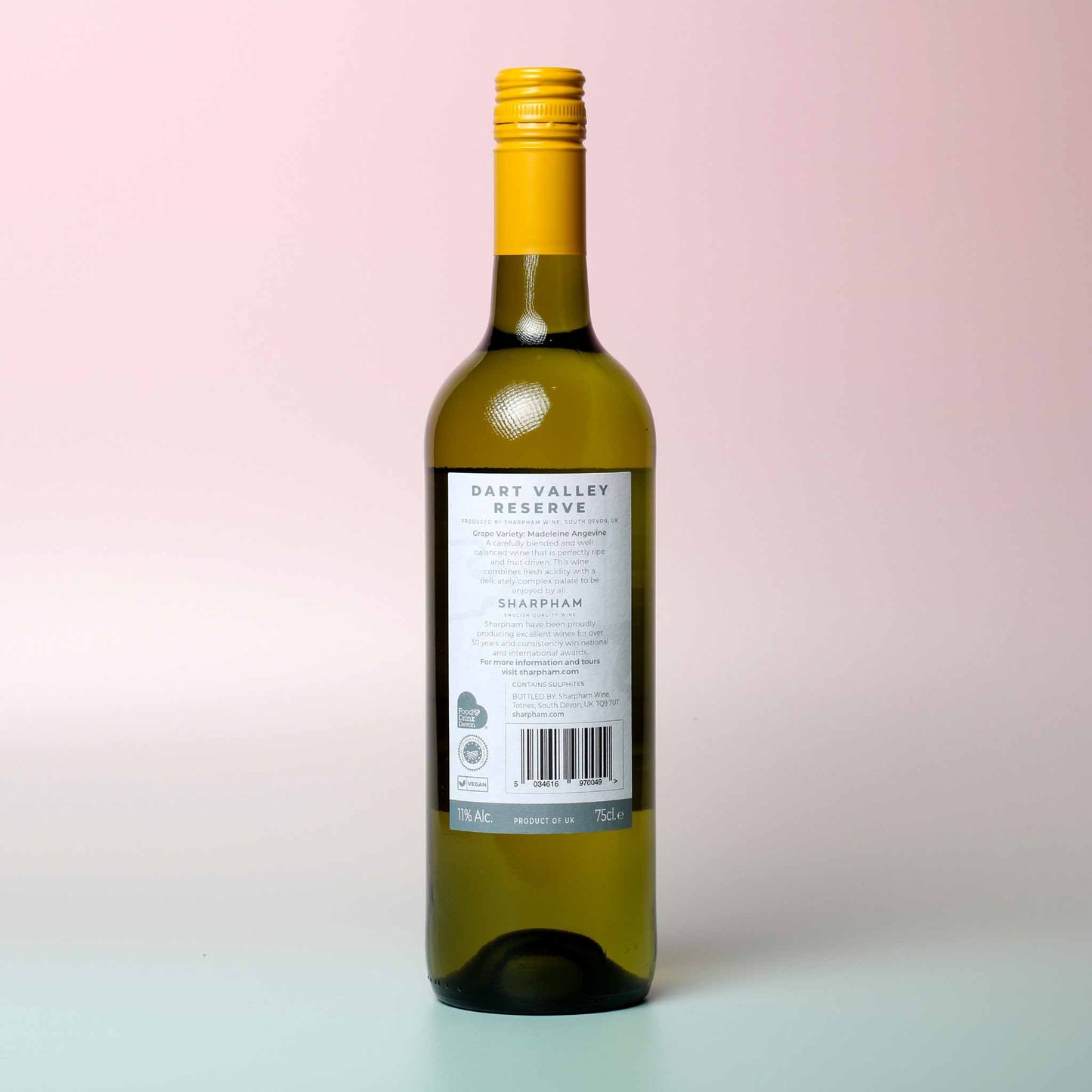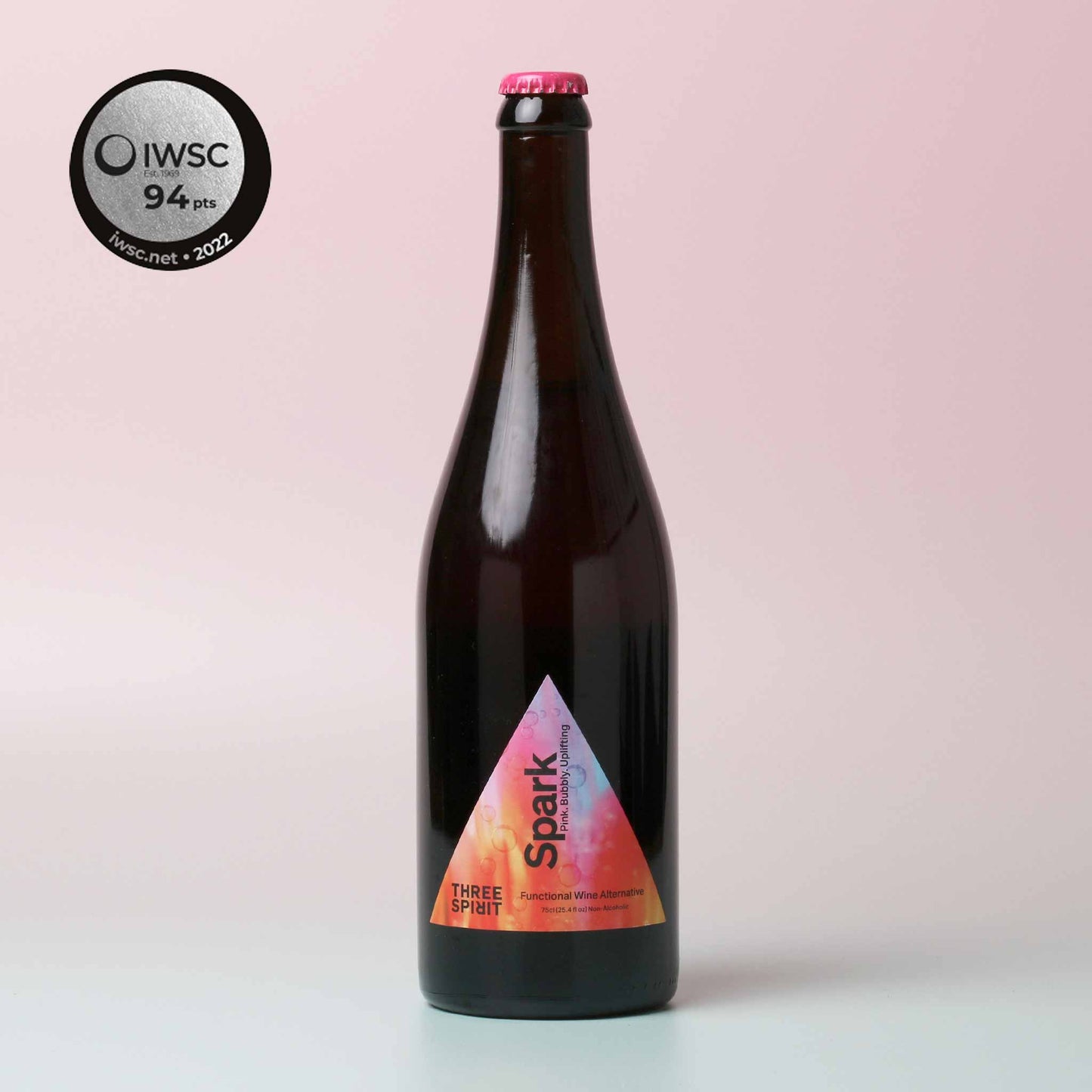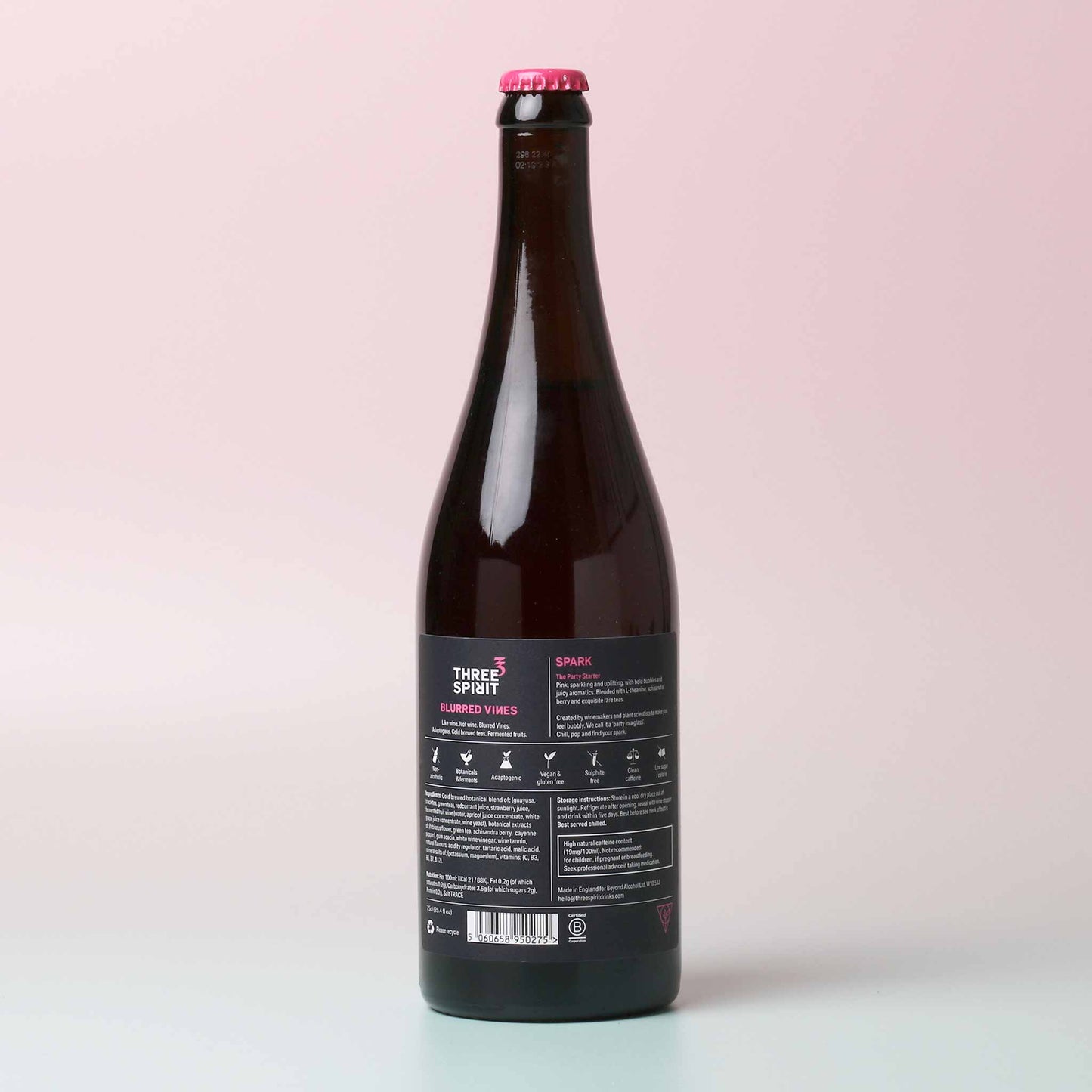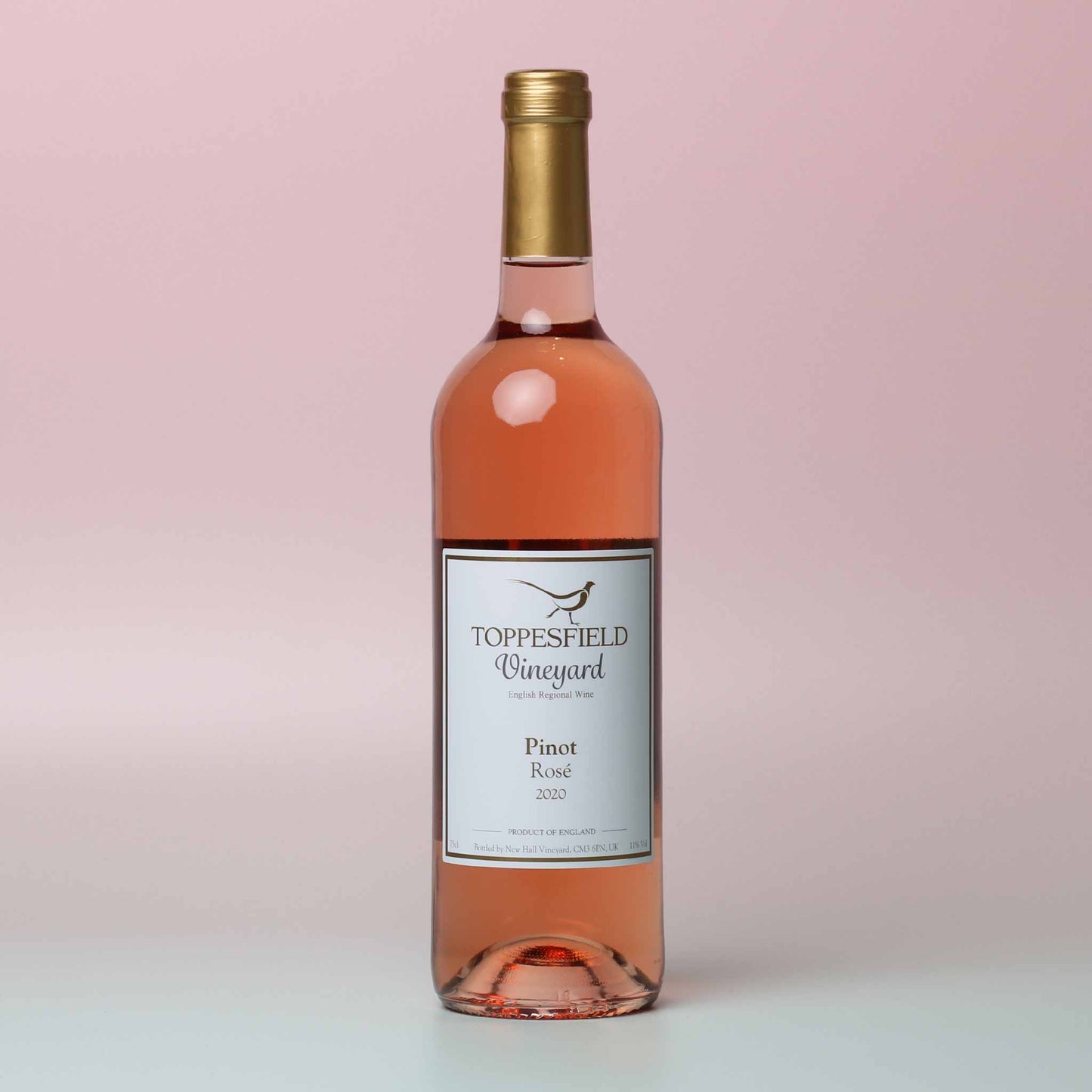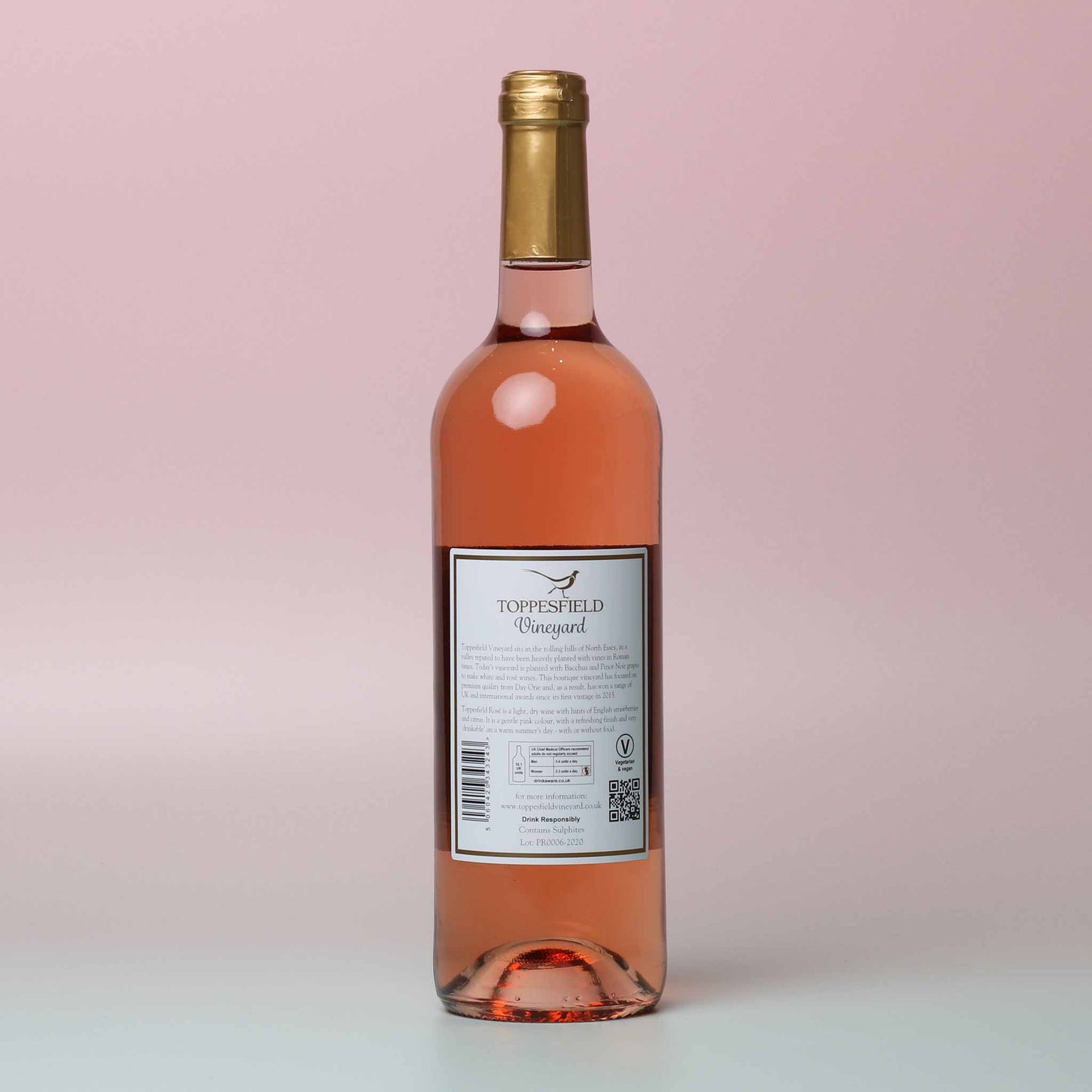Vegan Wine UK
You might not know it but wine has a long and proud history in the UK, with vineyards in the country dating back as far as Roman times. In recent years, the industry has seen an explosion of brands getting in on the action, with more and more wines being seen alongside tipples from well renowned wine-making European countries such as France and Germany.
And it’s not just in the home counties of Kent and Essex where you’ll find grapes growing in the UK, there are vineyards as far spread as Norfolk and Devon. Each county has its own unique terroir which produces distinctive wines with their own distinct character. From sparkling wines from Kent to reds from Essex, there is something for everyone right here in the UK.
Below we look at why some wine isn’t vegan, which are the brands and producers of vegan wines to watch, and finally, we'll provide tips on how to choose a great vegan wine that suits your taste.
Why some wine is not suitable for vegans?
For many vegans, wine is an important part of their lifestyle. But unfortunately, not all wines are suitable for vegan consumption. This is because wines often contains fining agents that are derived from animal products, making them unsuitable for vegans.
Wine fining is a process used to clarify stabilise wine by reducing yeast and protein haze. The fining agents used can range from egg whites, gelatine, isinglass, casein and bentonite to carbon. Each of these agents has its own unique properties that can affect the flavour and clarity of the wine.
For vegans, it is important to know which fining agents are suitable for them and which ones are not. Gelatine, isinglass and egg whites are all unsuitable for vegans as they are either animal products or derived from animals. Bentonite and carbon however are vegan-friendly options that can be used in place of animal-derived fining agents.
How do I know which wine is vegan?
Always check the label! But most vegans worth their salt will be well practiced at reading labels so this shouldn’t be an issue. If you find any any animal-derived ingredients or additives on the bottle then steer clear. If a bottle does not have this information listed, then it is likely that it contains animal products and should most likely be avoided.
You can also look for labels from certified organic wineries, as these will usually indicate that no animal products were used in the production process. Lastly, if you're shopping at a supermarket or other retail store, look out for labels that state ‘vegan’, ‘vegan friendly’, or even ‘plant based’ as crazy as that sounds. When shopping on Little Green Basket however, it’s easy, all of our wines and in fact all of the products you’ll find here are 100% vegan.
Most wine producers are cottoning on the fact that more and more consumers care about what is used in the process and are either switching to vegan processes or simply just labelling their products better if they didn’t use animal products in the first place.
Great wine doesn’t need animal products
As in most situations, animal products in wine are used from a place of tradition or convenience. Vegan wine is made without using animal products or byproducts, making it an ethical and sustainable choice for those looking to enjoy a glass of vino. The UK has a wide range of offerings, great for all situations from fine dining to everyday drinking.
Where is British wine made?
The UK has a diverse range of climates and soils, which makes it an ideal place for winemaking. Many wineries take advantage of this by using different grape varieties and techniques to create unique and delicious wines. While some producers focus on traditional methods, others are experimenting with new styles that reflect the changing tastes of consumers.
The Home Counties including Kent and Essex are becoming increasingly popular wine-producing regions due to their warmer temperatures and nutrient-rich soils. The unique combination of climate and soil conditions in these areas make them ideal for producing high-quality wines. As a result, wineries from all over the world are now investing in vineyards in these regions to take advantage of the perfect conditions for grape growing.
Best UK wine brands
Winbirri Vineyards
The Winbirri Estate was established in 2007 by local farmer and entrepreneur Stephen Dyer, who had always had a passion for great wines, but felt the need to explore this further. This was fulfilled when he had the foresight to create the first sizable wine estate in Norfolk and the first vines were planted. Their wines are a unique balance of art, nature and science with a real focus towards nature and art. “Quality is everything here at Winbirri,” says Lee Dyer (Stephen’s son). “It all begins in the vineyard. To make the best wines, you need the best grapes.” In Little Green Basket’s selection of UK vegan wines you’ll find a delicious Rioja from Norfolk.
Sharpham English Quality Wine
Sharpham Wines (now known as Sandridge Barton, the Home of Sharpham Wine) have been at the forefront of vine growing and English wine making for over 40 years. Sharpham wines are widely recognised as some of the finest English wines. Each of their wines are stylish and offer intense fruit flavours and aromas, which are made from carefully selected grape varieties grown on sheltered slopes overlooking the River Dart in South Devon. Why not take a closer look at this lovely little reserve white vegan wine from Sharpham.
Toppesfield Vineyard
Toppesfield’s story started in 2011 when they had the opportunity to purchase some agricultural land next to their family home. They had already discovered from previous research that the valley around Toppesfield was heavily planted with vines in Roman Times; this theory was supported by the discovery in the 1800s of the remains of a Roman centurion, whose sword blade, metal wine vase and small cups were found in the field where the vines are planted. In their regional competition, East Anglian Vineyard Association, Toppesfield has won Wine of the Year twice, Best White, Best Bacchus & a gold medal for two of their four vintages to date. Little Green Basket is proud to offer a beautiful vegan rose wine from the Toppesfield Vineyard.
Westwell Wines
Westwell is located just below the Pilgrims Way on the North Downs in Kent; a route used for centuries by Pilgrims travelling to Canterbury. They grow four different varieties - Pinot Meunier, Pinot Noir, Chardonnay and Ortega, on their estate that boasts an ideal mix of climate, aspect and soil. All of Westwell’s wines are made on-site from fruit grown on their estate, which gives them complete control of the full process and ensures a high end product.
The future for Westwell is also bright: they anticipate increased production in the coming years. They also plan to continue experimentation - from ‘skin contact to dessert wines, wild ferments, amphora, pet nats and more’. Their philosophy goes: ‘plant well, respect the soil and make great, honest wines from brilliant fruit’. Little Green Basket are proud to currently list the hugely popular Pelegrim English sparkling wine.
The English Vine
The English Vine is aiming to remove the snobbiness, pretentiousness, and intimidation… or basically everything they hate from the wine industry. Their mission starts with English wine, which they say has been written off for too long. The English Vine hope to give English wine a new life - one that is full of flavour, colour, taste and is just lovely to drink again and again. You can check out the unique vegan wine from The English Vine, which comes in its unique paper bottle here.
How to choose wine to your taste
British made red and white wines are versatile and can be used to pair with many different types of meals. Whether you’re looking for a light summery salad or a hearty winter stew, there are plenty of recipes that work just as well with British vegan wines as wines from other countries.
One thing to consider is the strength of flavours you are planing. English wine can be more subtle in flavour compared to continental offerings, so try not to overpower it with overly flavours or seasoning.
British sparkling wine is becoming increasingly popular and can be enjoyed just like champagne. It pairs perfectly with lots of food but is a great accompaniment to lighter foods like nibbles and canapés, or even some tasty British chocolate.Whether you're hosting a dinner party or just looking for something to enjoy with friends, British sparkling wine is the perfect choice.
Eco wine packaging
Glass can be energy intensive to make but it is still way better than plastic in terms of the harm it does to the planet, and of course glass is widely recycled across the country. Recycling glass wine bottles is an easy and eco-friendly way to reduce the amount of waste in our environment. Not only does it stop glass going to landfill, but it also helps to create new items from old materials.
The English Vine has pioneered an even more eco friendly approach though with the paper wine bottles, which offer a sustainable and cost-effective alternative to traditional glass bottles. They are made from renewable paperboard that is also lightweight, making them easier to transport than glass bottles. They also require less energy to produce as compared to glass bottles. This makes paper wine bottles an attractive option for wineries looking for an eco-friendly packaging solution. Additionally, paper wine bottles provide wineries with the opportunity to differentiate their products from competitors by offering unique packaging designs that stand out on store shelves.
